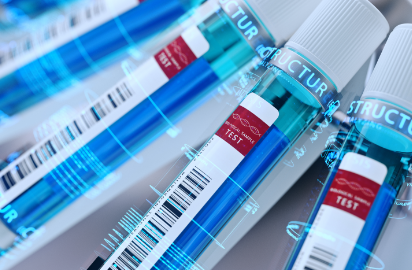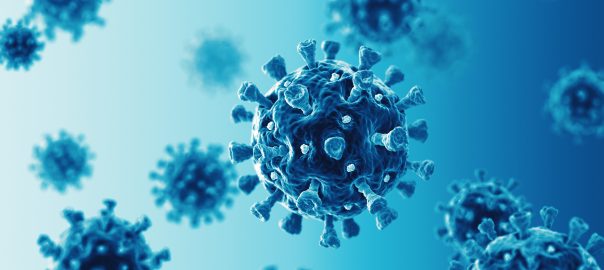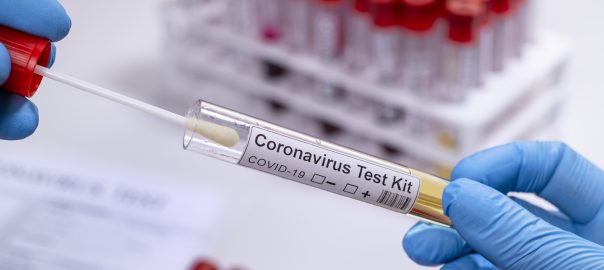WASHINGTON, D.C. – Following the election of former Vice President Joe Biden, ACLA President Julie Khani issued the following statement:
“ACLA and its members congratulate Joe Biden and Kamala Harris on winning the election and stand ready to support the Biden Administration as it confronts the greatest public health threat in a century. We commend the Biden Administration for making it a top priority to ensure that all Americans have access to accurate and reliable testing. ACLA agrees that patients need certainty that their COVID-19 tests will be covered. This is a common-sense cause with bipartisan support.
Just yesterday, ACLA members hit a new all-time high for tests performed: 474,000 PCR tests in a single day. As positivity rates continue to climb across the United States, ACLA and its members remain focused on adapting platforms and workflows, deploying new strategies to conserve supplies, navigating supply constraints and working creatively and collaboratively to drive innovation and support our public health partners.
Meeting the evolving needs of patients nationwide requires significant investment in high precision instruments, adequate testing supplies, a highly trained workforce, modernized reporting systems, cutting edge research and specialized transportation logistics. We look forward to working with the Biden Administration and the new Congress to ensure labs can make these investments and increase capacity for the innovative diagnostics our country needs, now and in the future.”
###
The American Clinical Laboratory Association (ACLA) is the national trade association representing leading laboratories that deliver essential diagnostic health information to patients and providers. ACLA members are at the forefront of driving diagnostic innovation to meet the country’s evolving health care needs and provide vital clinical laboratory tests that identify and prevent infectious, acute and chronic disease. ACLA works to advance the next generation of health care delivery through policies that expand access to lifesaving testing services.



